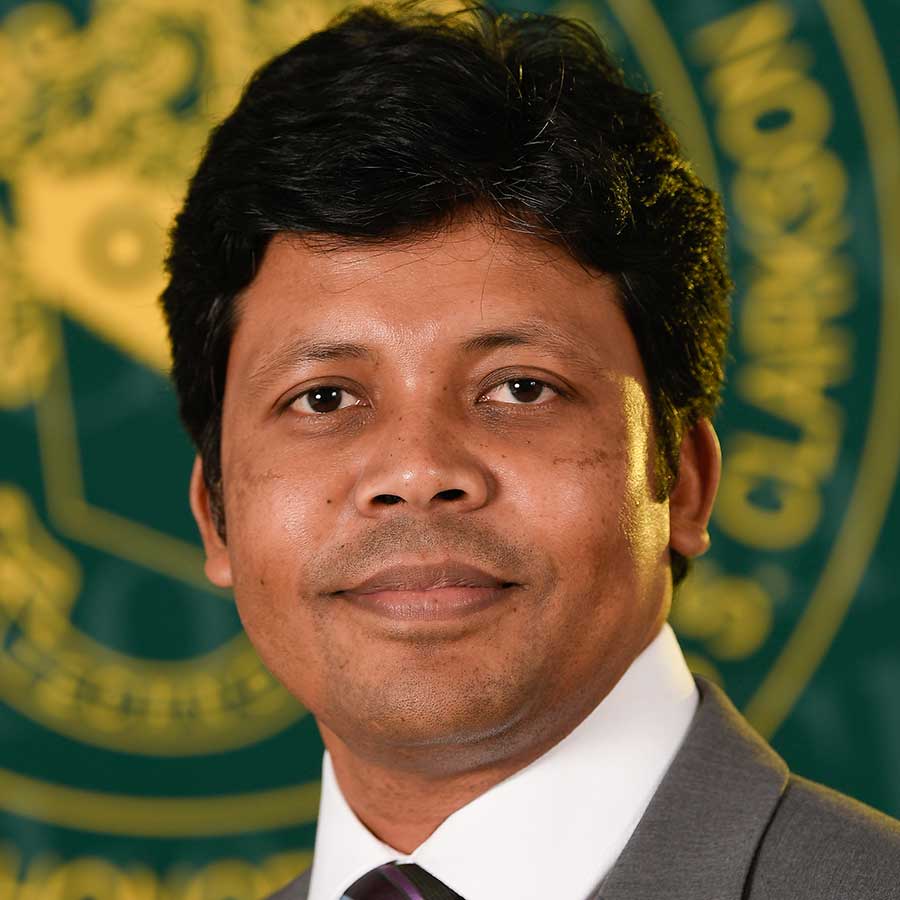Clarkson Professor’s Research Featured in Nature Scientific Reports
Abul Baki, an Assistant Professor of Civil and Environmental Engineering and Usama Ijaz, a Civil and Environmental Engineering PhD student at Clarkson University, and their co-authors recently published their research on the in-stream transport and retention of polystyrene microplastics in the prestigious journal Nature Scientific Reports.

Scientific Reports is the fifth-most cited journal in the world, with more than 696,000 citations in 2021, and receives widespread attention in policy documents and the media.
Microplastics (MPs) as an emerging contaminant have become a threat to ecosystems due to their persistence in terrestrial, aquatic, and marine environments. Due to their ubiquitous presence, microplastics are currently becoming a major interest to researchers.
The paper published by Baki and Ijaz investigates the impact of large roughness elements (LREs) on in-stream transport and retention patterns of polystyrene-microplastics (PS-MPs). This study presents the results as the necessary primary and pivotal stage for future research to achieve an overall robust understanding, characterization, and parameterizations of in-stream MPs transport and retention processes.
This study was promoted by the Team Science Project Planning Grant (2022) of Clarkson University. Others who collaborated on this project with Baki and Ijaz include Alan Christian, Biology Research Professor at Clarkson, Omar Abdul-Aziz, Associate Professor of Civil and Environmental Engineering at West Virginia University, and Wenming Zhang, Assistant Professor of Civil and Environmental Engineering at the University of Alberta.
To learn more about the study, visit https://www.nature.com/articles/s41598-023-33436-0
